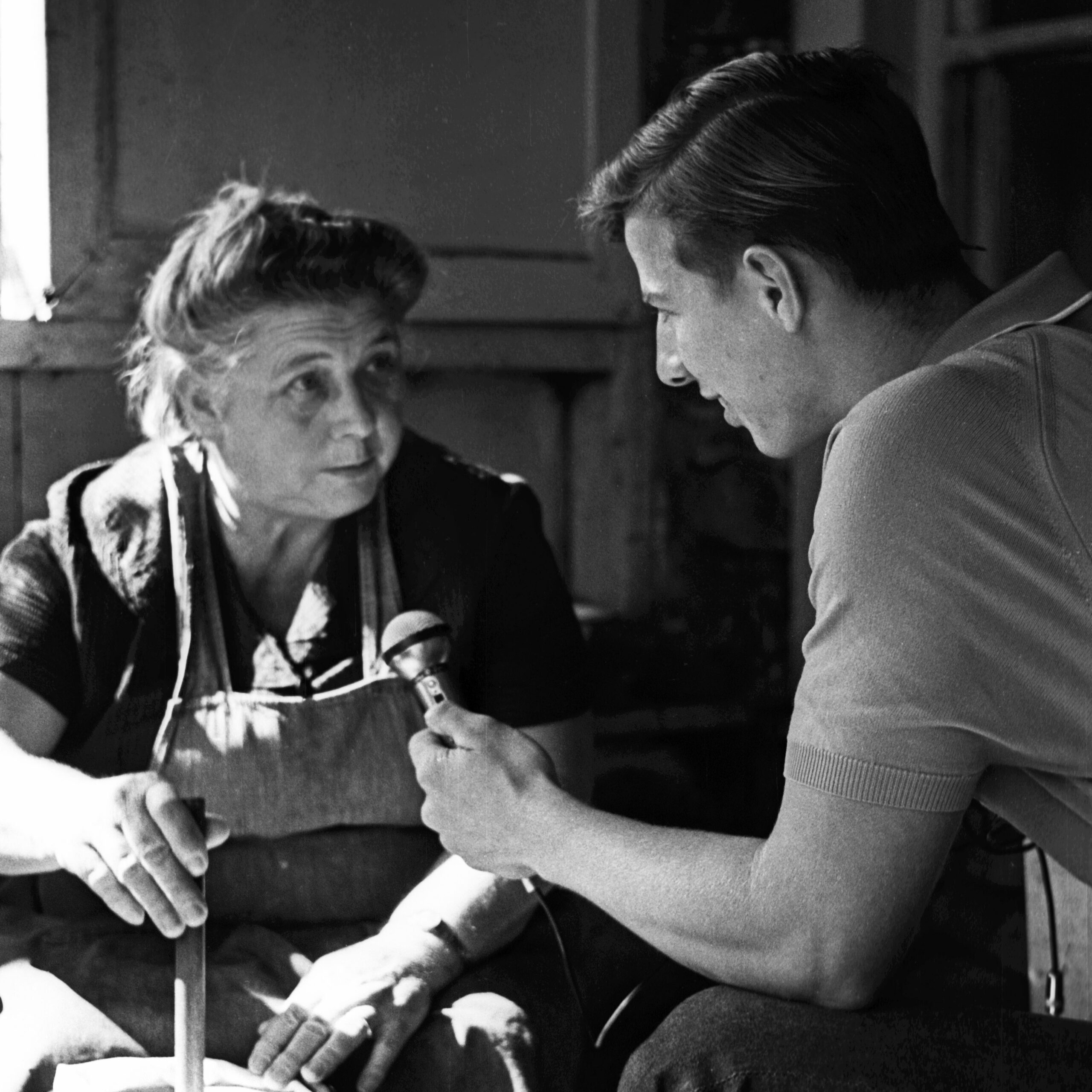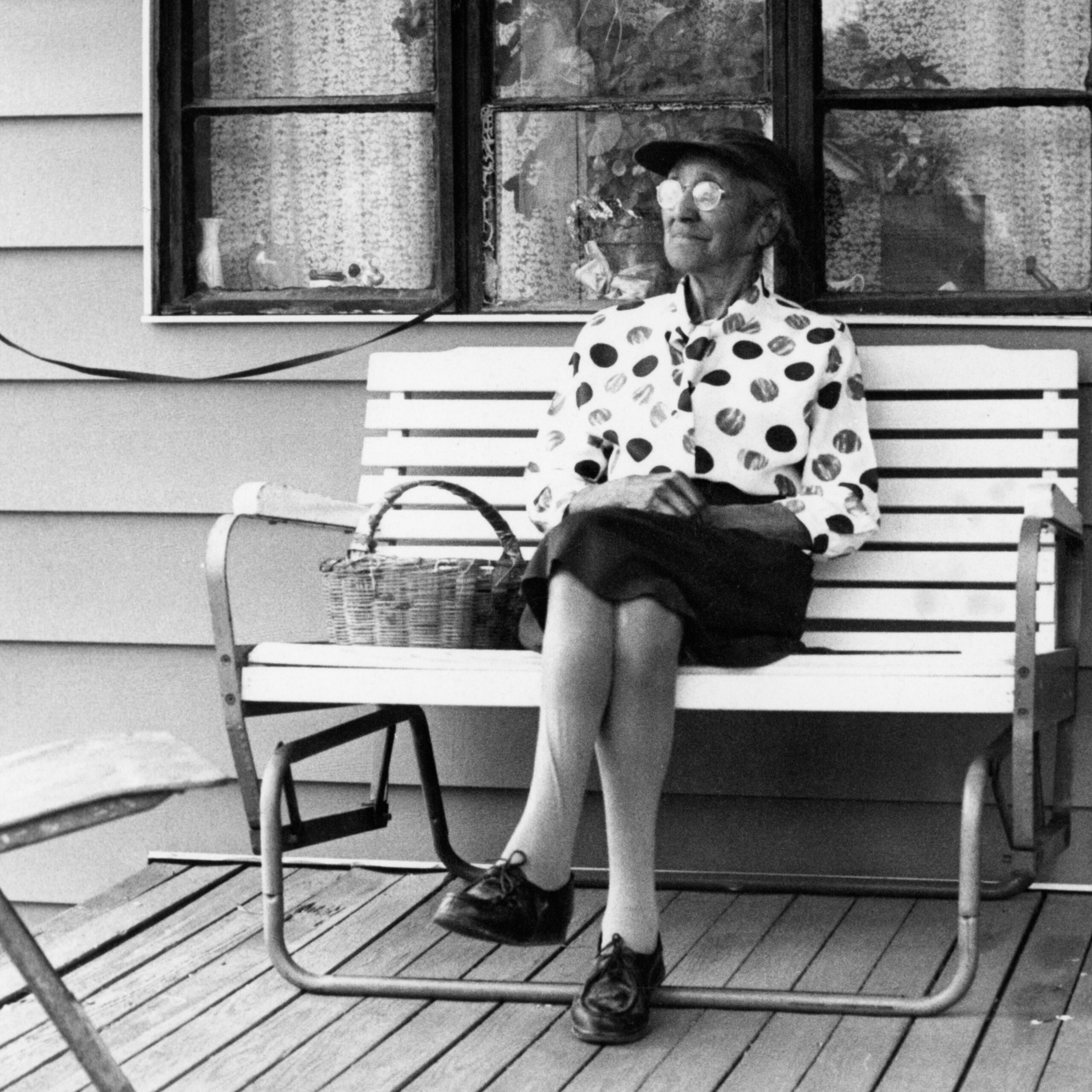Appalachian Women Oral History Project
Share your experiences in Southern Appalachia. Participate in this crowdsourced oral history project, in conjunction with the release of Foxfire’s newest book, The Foxfire Book of Appalachian Women.
How to Participate
We want to hear from you! If you are a woman, identify as a woman, or know of a woman who lives/lived in Central/Southern Appalachia, or are from the region, (West Virginia, Southern Virginia, Eastern Kentucky, Western North Carolina, Eastern Tennessee, Northern Georgia, Eastern South Carolina, Northern Alabama), consider sharing your experiences through a self-recorded oral history, journal entry, or visual media.
Participation is easy. Follow the steps outlined in our toolkit and consider the questions included here. If you choose to submit an oral history, record yourself (on your phone, on your computer, etc.) speaking about those experiences or a memory of someone you know. Feel free to have family members or close friends join you in a conversation. Recordings up to 25 minutes will be accepted. For other types of media, please provide Word docs, PDFs, or .jpg images.
Then, just fill out this release form and optional additional data form. Send your audio/image/document with completed forms to foxfire@foxfire.org, subject line “Appalachian Women Oral History Project.”

Listen to the excerpt from an oral history interview with Beulah Perry by Foxfire students.
Beulah Perry

Make an Impact
“It seems to me that women now have the lead in more things than they’ve ever had before.” -Carrie Stewart
Your story will become part of the permanent historical archives at Foxfire. These stories, images, and artifacts will be used for future education and research. Our shared experiences not only help us preserve our culture, but build resilience in our communities.
Your contribution to this project has the potential to be featured on Foxfire’s podcast “It Still Lives” or published in the Foxfire magazine.
What is oral history?
Oral history is, broadly, the transmission of personal or community-based experiences through stories, songs, narratives, folklore, etc. In more formal terms, it is the recording, preservation and interpretation of historical information, based on the personal experiences of the narrator. As historians, we have a responsibility (and interest!) to capture history as it happens around us. In light of the current pandemic, we are turning to you to help us document this moment in history. This project collects self-recorded testimonies from individuals, families, or groups located within Southern Appalachia.
Watch this short video on how to record your own oral history!
